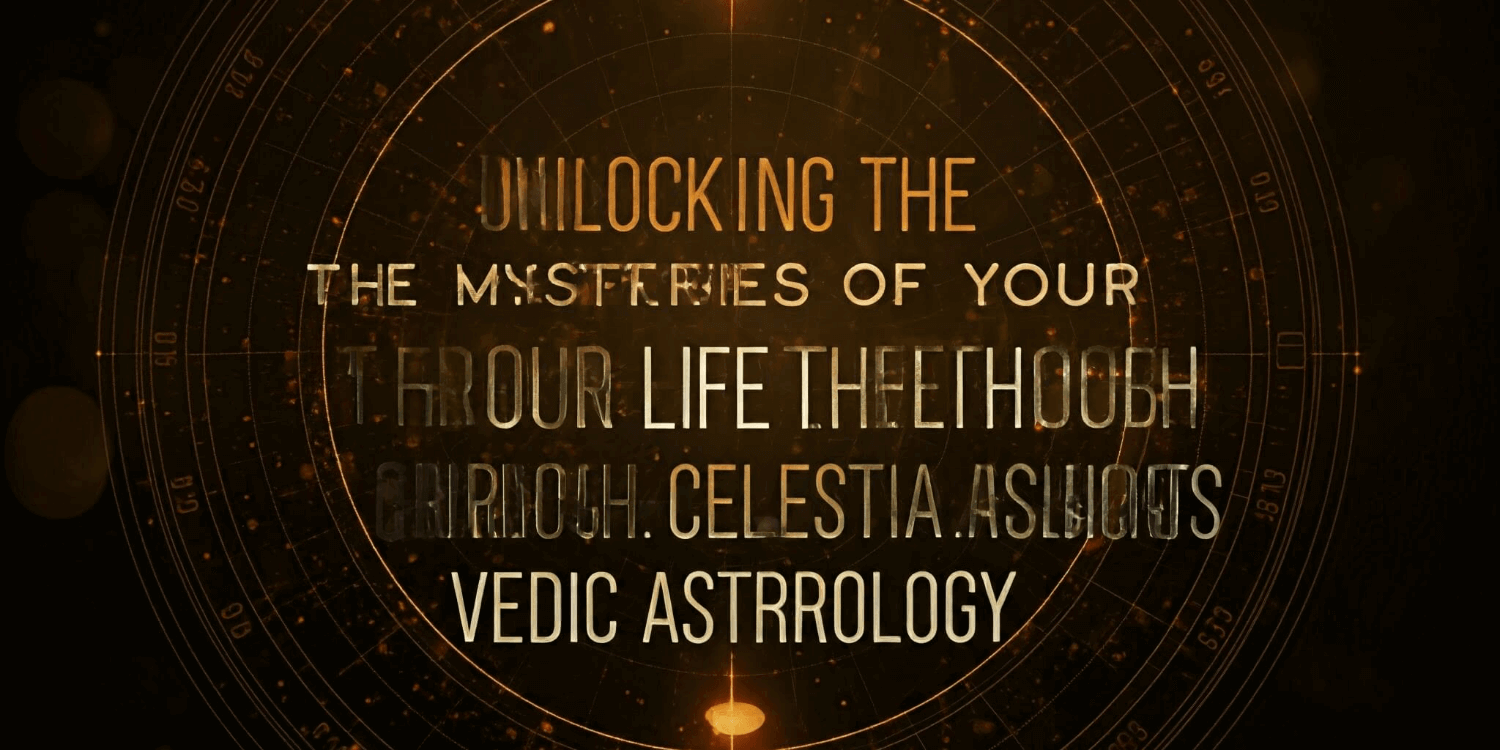Vedic Astrology: Unlocking the Mysteries of Your Life Through Celestial Insights

Need Guidance On Your Problems?
Consult With The Best Online Astrologers
Vedic astrology, an ancient science with roots in the Vedas—India's oldest sacred texts—offers profound insights into life, personality, and destiny. Often referred to as Jyotish, which translates to "the science of light," Vedic astrology provides a holistic understanding of an individual’s past, present, and future through the positions and movements of celestial bodies.
What is Vedic Astrology?
Vedic astrology is a traditional system of astrology originating from ancient India. Unlike Western astrology, which primarily focuses on the sun sign, Vedic astrology emphasizes the moon sign and the position of the planets in the twelve houses of the birth chart (Kundali). The entire system is rooted in the belief that the celestial bodies influence human behavior and experiences.
Key Components of Vedic Astrology
· Kundali (Birth Chart): A Kundali is a detailed map of the sky at the time of your birth, showing the positions of the planets, the sun, and the moon. It serves as the foundational tool for analysis.
· Rashi (Zodiac Signs): The twelve zodiac signs in Vedic astrology correspond to specific characteristics and influences. Each sign has its own unique traits, strengths, and challenges.
· Nakshatras (Lunar Mansions): There are 27 Nakshatras in Vedic astrology, each associated with particular qualities and deities. The Nakshatra in which the moon is placed at birth significantly influences one's personality and life path.
· Dasha (Planetary Periods): The Dasha system refers to the timing of planetary influences throughout an individual's life. Understanding your Dasha can help you anticipate upcoming challenges and opportunities.
· Aspects and Yogas: Vedic astrology also examines the relationships between planets, known as aspects, and specific combinations of planets that create beneficial or challenging circumstances, referred to as Yogas.
The Importance of Vedic Astrology
1. Self-Discovery
Vedic astrology serves as a tool for self-awareness. By analyzing your Kundali, you can gain insights into your strengths, weaknesses, and potential life paths. This understanding can guide you in making informed decisions and aligning with your true self.
2. Life Guidance
Whether you are facing challenges in your career, relationships, or health, Vedic astrology can provide valuable guidance. Astrological predictions can help you navigate difficult situations and take advantage of favorable planetary influences.
3. Timing of Actions
One of the unique aspects of Vedic astrology is its emphasis on timing. By analyzing your Dasha and planetary transits, astrologers can suggest auspicious timings for important events, such as starting a business, getting married, or making significant investments.
4. Spiritual Growth
Vedic astrology is not just about predicting the future; it is also a spiritual tool. It encourages individuals to connect with their higher selves and understand their karmic lessons. This deeper understanding can lead to personal transformation and spiritual growth.
5. Compatibility Analysis
For those considering marriage or partnerships, Vedic astrology offers Kundali matching, which assesses compatibility based on various factors in the birth charts of both individuals. This can provide insights into potential challenges and help foster harmonious relationships.
How to Get Started with Vedic Astrology
If you're interested in exploring Vedic astrology, here are some steps to help you get started:
- Find Your Birth Details: To create an accurate Kundali, you'll need your date, time, and place of birth. This information is essential for calculating the positions of celestial bodies at the moment of your birth.
- Consult a Vedic Astrologer: Seek guidance from a qualified Vedic astrologer who can analyze your Kundali and provide personalized insights. Look for someone with experience and positive testimonials.
- Learn the Basics: Familiarize yourself with the key concepts of Vedic astrology. Many online resources, books, and courses can help you understand the fundamentals.
Reflect on Your Insights: Take time to reflect on the insights provided by your astrologer. Consider how these revelations align with your life experiences and aspirations.



